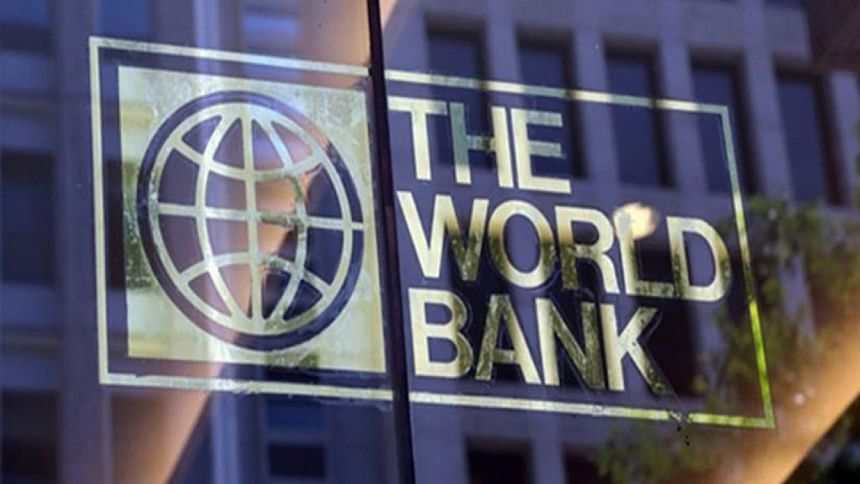Global economy’s 'speed limit' set to fall to three-decade low

The global economy's "speed limit"—the maximum long-term rate at which it can grow without sparking inflation—is set to slump to a three-decade low by 2030, a new World Bank report showed.
"An ambitious policy push is needed to boost productivity and the labour supply, ramp up investment and trade, and harness the potential of the services sector," it said.
The report -- Falling Long-Term Growth Prospects: Trends, Expectations, and Policies -- offers the first comprehensive assessment of long-term potential output growth rates in the aftermath of the Covid-19 pandemic and the Russian invasion of Ukraine. These rates can be thought of as the global economy's "speed limit."
The report documents a worrisome trend: nearly all the economic forces that powered progress and prosperity over the last three decades are fading. As a result, between 2022 and 2030 average global potential GDP growth is expected to decline by roughly a third from the rate that prevailed in the first decade of this century—to 2.2 per cent a year.
For developing economies, the decline will be equally steep: from 6 per cent a year between 2000 and 2010 to 4 per cent a year over the remainder of this decade. These declines would be much steeper in the event of a global financial crisis or a recession.
"A lost decade could be in the making for the global economy," said Indermit Gill, chief economist of the World Bank.
"The ongoing decline in potential growth has serious implications for the world's ability to tackle the expanding array of challenges unique to our times—stubborn poverty, diverging incomes, and climate change. But this decline is reversible. The global economy's speed limit can be raised—through policies that incentivise work, increase productivity, and accelerate investment."
The analysis shows that potential GDP growth can be boosted by as much as 0.7 percentage points—to an annual average rate of 2.9 per cent—if countries adopt sustainable, growth-oriented policies. That would convert an expected slowdown into an acceleration of global potential GDP growth.
"We owe it to future generations to formulate policies that can deliver robust, sustainable, and inclusive growth," said Ayhan Kose, a lead author of the report and director of the World Bank's Prospects Group.
"A bold and collective policy push must be made now to rejuvenate growth. At the national level, each developing economy will need to repeat its best 10-year record across a range of policies. At the international level, the policy response requires stronger global cooperation and a re-energised push to mobilise private capital."
The report lays out an extensive menu of achievable policy options, breaking new ground in several areas. It is also the first to assess how a range of short-term economic disruptions—such as recessions and systemic banking crises—reduce potential growth over the medium term.
"Recessions tend to lower potential growth," said Franziska Ohnsorge, a lead author of the report and manager of the World Bank's Prospects Group. "Systemic banking crises do greater immediate harm than recessions, but their impact tends to ease over time."
The report highlights specific policy actions at the national level that can make an important difference in promoting long-term growth prospects.
They include aligning monetary, fiscal, and financial frameworks, ramping up investment, cutting trade costs, capitalising on services, and increasing labour force participation.
The report also underscores the need to strengthen global cooperation. International economic integration has helped to drive global prosperity for more than two decades since 1990, but it has faltered.
"Restoring it is essential to catalyse trade, accelerate climate action, and mobilise the investments needed to achieve the Sustainable Development Goals," said the World Bank report.

 For all latest news, follow The Daily Star's Google News channel.
For all latest news, follow The Daily Star's Google News channel. 








Comments